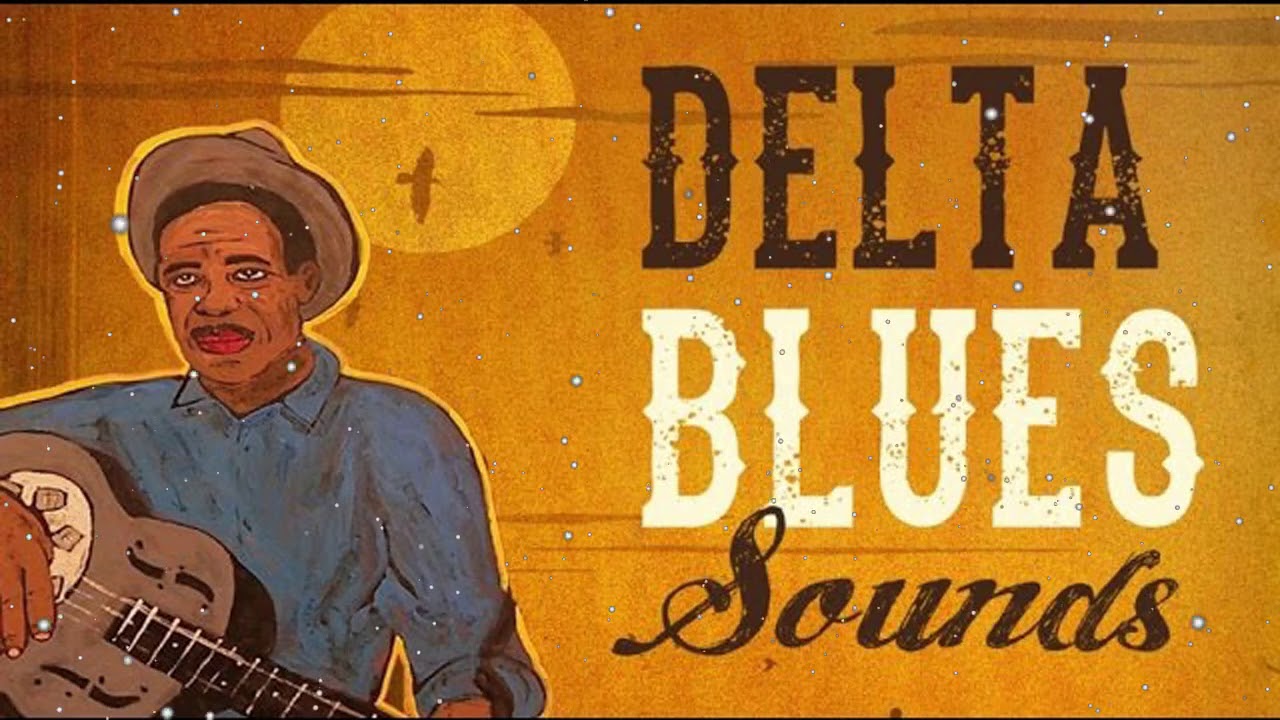Origins and Early Development
The Delta Blues, a style of blues music originating from the Mississippi Delta, emerged in the early 20th century. The Mississippi Delta, a region stretching from Memphis, Tennessee, to Vicksburg, Mississippi, is often referred to as the “Cradle of the Blues.” This area’s unique blend of African-American cultural traditions, particularly those of former slaves and their descendants, played a significant role in the development of this distinctive musical genre.
The roots of Delta Blues can be traced back to African musical traditions, spirituals, work songs, field hollers, and chants. The harsh conditions and systemic racism faced by African Americans in the post-Reconstruction South deeply influenced the themes and emotions conveyed in the music. The Delta Blues often addressed topics such as poverty, love, betrayal, hardship, and the longing for a better life, resonating with the struggles of the black community in the region.
Key Characteristics
Delta Blues is characterized by its raw and emotive sound, typically performed by solo artists using a guitar and a harmonica. The guitar playing style often features fingerpicking and slide techniques, producing a distinct, wailing sound. The use of open tunings and the incorporation of rhythmic and melodic elements drawn from African music further distinguish Delta Blues from other blues styles. The lyrical content is usually introspective, reflecting personal and collective experiences.
Pioneers and Influential Artists
Several pioneering artists were instrumental in shaping and popularizing the Delta Blues. Among the most notable figures is Charley Patton, often hailed as the “Father of the Delta Blues.” Patton’s powerful voice and innovative guitar techniques set the standard for future generations of blues musicians. His songs, such as “Pony Blues” and “High Water Everywhere,” vividly depicted life in the Delta.
Another key figure is Robert Johnson, whose virtuosity and mysterious life have made him a legendary figure in the history of the blues. Johnson’s recordings, including classics like “Cross Road Blues” and “Sweet Home Chicago,” showcase his exceptional guitar skills and deeply expressive vocals. The myth surrounding Johnson’s alleged deal with the devil at the crossroads has only added to his mystique and influence.
Son House, known for his emotional intensity and slide guitar mastery, also played a crucial role in the development of the Delta Blues. His songs, like “Death Letter Blues” and “Grinnin’ in Your Face,” convey a profound sense of sorrow and resilience. Other significant artists include Skip James, known for his haunting falsetto and minor-key compositions, and Tommy Johnson, whose songs like “Canned Heat Blues” and “Big Road Blues” are cornerstones of the genre.
Evolution and Legacy
The Delta Blues began to gain wider recognition in the 1920s and 1930s, as record companies started to document and commercialize the music. The recordings made during this period preserved the raw sound and emotional depth of the genre, bringing it to a broader audience. However, the Great Migration, which saw many African Americans move from the South to Northern cities in search of better opportunities, also played a crucial role in the spread and evolution of the blues.
As Delta Blues musicians relocated to urban centers like Chicago, the music evolved into new styles, including Chicago Blues, which incorporated electric instruments and a more polished sound. Despite these changes, the Delta Blues’ influence remained profound, shaping the development of rock and roll, rhythm and blues, and other musical genres.
In the 1960s, a renewed interest in the roots of American music led to a revival of the Delta Blues. Folk and blues enthusiasts, both in the United States and Europe, sought out and celebrated the original Delta Blues musicians. This revival not only brought overdue recognition to the pioneers of the genre but also inspired a new generation of musicians.
Conclusion
The Delta Blues stands as a testament to the resilience and creativity of the African-American community in the Mississippi Delta. Its raw emotion, distinctive guitar styles, and poignant lyrics have left an indelible mark on the history of music. From its origins in the harsh realities of the early 20th century South to its influence on contemporary music, the Delta Blues continues to resonate with audiences around the world, embodying the enduring power of the blues.


No responses yet